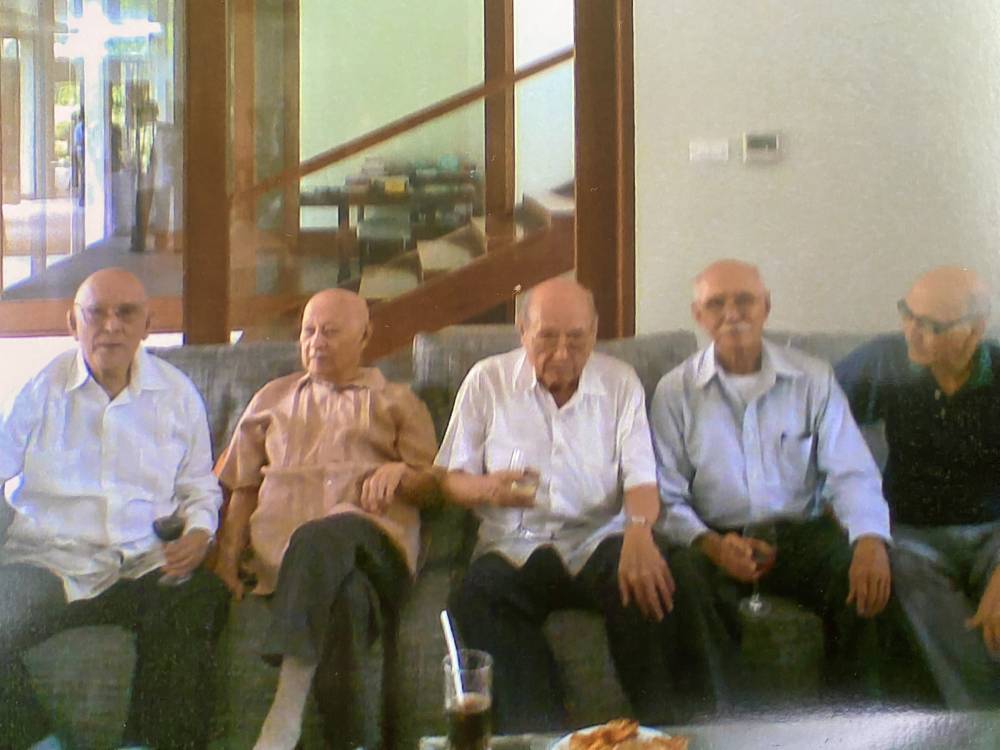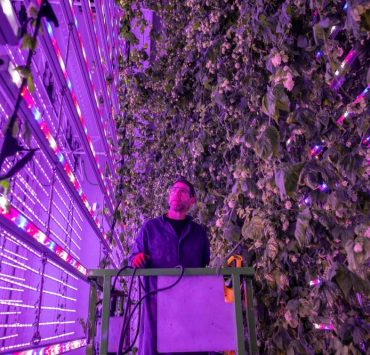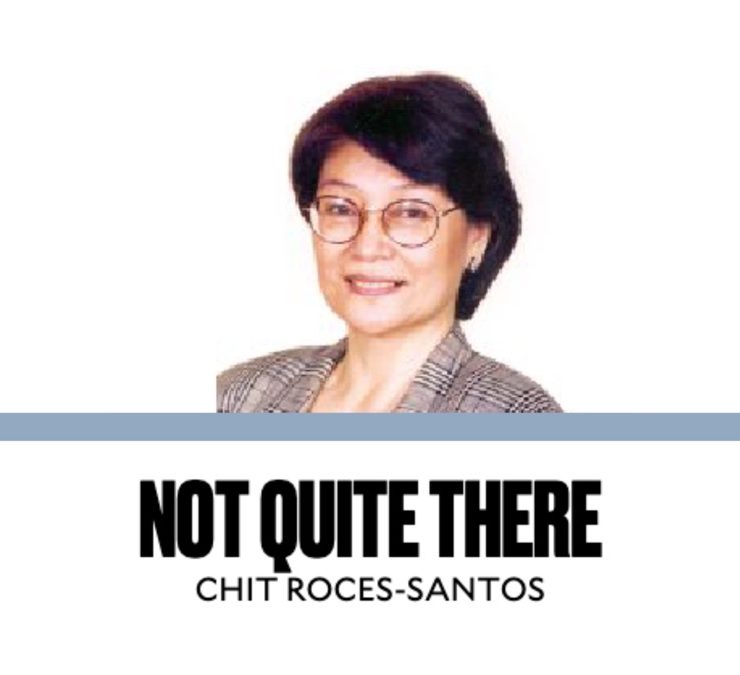Why have a family tree?

My family started with the marriage, in 1899, of Rafael Roces, a peninsular born in Barcelona, Spain, to Inocencia Reyes, a Sangley, a Filipino with some Chinese blood, from Trozo, in Binondo. Their union produced nine sons, of whom three remain living—the fifth child, Francisco (Pipo), who just turned 102 on March 19, and the two youngest, Marcos (Marquitos), turning 94 on March 23, and Alfredo (Ding), 92 on April 29.
Two uncles, Luis (Chito) and Alejandro (Anding), sixth and seventh, respectively, jumped the line and went ahead of Pipo, and even ahead of my dad, Joaquin (Titong), brother number three. Pipo, by the way, is shooting for 105.
With three still living and lucid, members of the generation before us, the idea was hatched for doing our family tree. The endeavor didn’t turn out as easy as thought. Indeed, the truth can be more complicated set on paper, but it’s the only way to set ourselves free—acknowledge it on record. Still, there are always those held back by certain complications—fourth son Peping, who lived to to 100, referred dismissively, as las cosas del amor. To him, matters of the heart make sense only to the two people involved, and are, therefore, nobody else’s business.
Like many families, we have our own share of soiled linen, and we certainly don’t intend to wash it in public. But neither do we mean to paint a different picture from the truth either. Most importantly, however, we do not want to subject family members to the discomfort of public revelation if they object to it.
Cathartic
As soon as I was asked to submit my dad’s data, I quickly produced it, leaving out the complications and limiting the scope of truth to his legal wife and children. I am not aware of much of the rest of the truth, but have decided, out of a sense of place, to leave it up to those directly involved to include themselves in their own abridged version of the family tree. It is, after all, still only one tree.
I guess there’s never a right time for coming clean and telling all, or for doing it at all? If you ask me, I’d say it’s cathartic to tell the truth unabridged, if only in a general sense and in a private family tree. What is the purpose of having a family tree, anyway?

Family history, unless it’s integral to a larger public truth, is naturally a personal, therefore private, matter. In any case, there are simply those who feel more comfortable keeping those complications secret, kept out of family records even, though again, some feel the precise opposite—that revelation is self-unburdening.
Descendants of indiscreet forbears are definitely not proud of it—it’s hard enough to have lived through it, especially knowingly, but I know many who have admirably accepted each other as full-fledged siblings. As time passes and puts the uncomfortable truth further and further in the past, it should be easier to deal with it, if not come to terms with it openly.
The other day at a restaurant near our condo, a pretty young lady approached me and introduced herself. She was the daughter of a half-brother. I thought it was a very nice gesture. We’re now friends on Facebook.
Through Lola Rafael, our common Spanish ancestor, we have lately been made beneficiaries of the Spanish law that grants Spanish citizenship to blood descendants without discriminating as to age or legitimacy (Ley de Memoria Democratica)— sons, grandchildren (nietos), great-grandchildren (biznietos) and great-great-grandchildren (tataranietos). To anyone interested in the privilege, keeping family secrets becomes pointless, and possibly even painless. In fact, now might be a good time. INQ


















